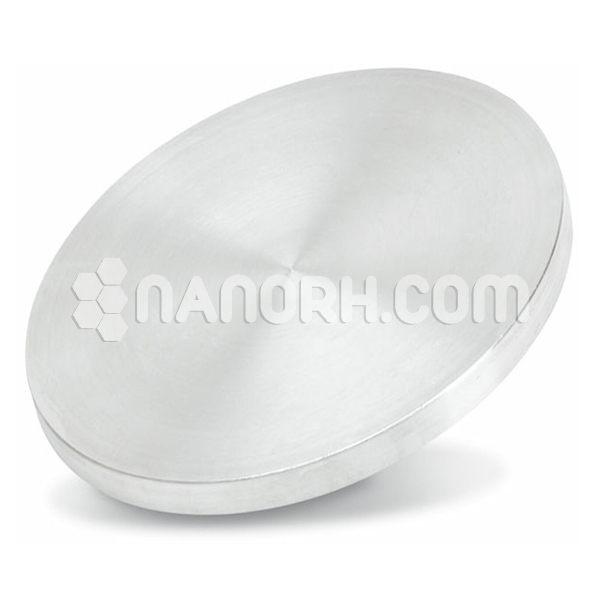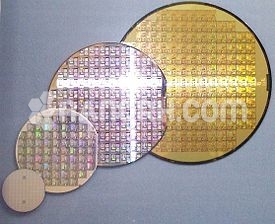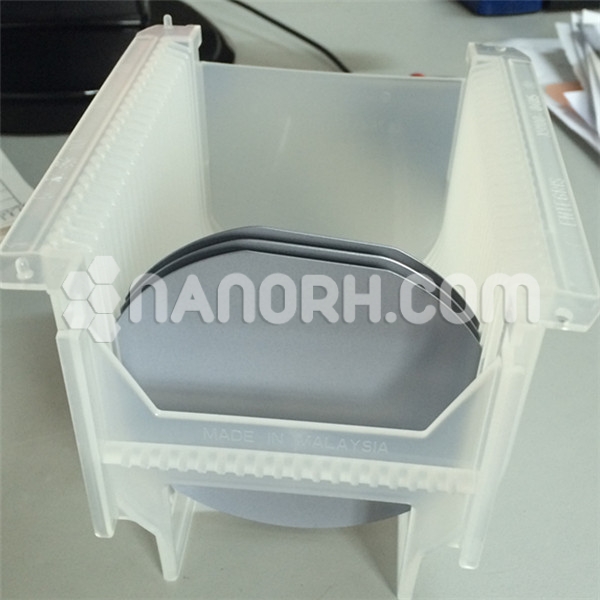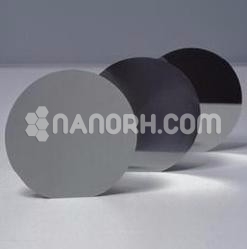| Lanthanum Calcium Manganate Sputtering Targets | |
| Product No | NRE-43228 |
| CAS No. | NA |
| Formula | La0.5Ca0.5MnO3 |
| Molecular Weight | NA |
| Purity | >99.9% |
| Density | NA |
| Thickness | 3 mm ± 0.5mm (can be customized) |
| Diameter | 50 mm ± 1mm (can be customized) |
| Shape | Round |
| Resistivity | NA |
| Thermal Conductivity | NA |
Lanthanum Calcium Manganate Sputtering Targets
Introduction
Lanthanum Calcium Manganate Sputtering Targets is a perovskite oxide that exhibits unique electrical and magnetic properties, making it a significant material in advanced technological applications. Its composition can be tailored by varying the ratio of lanthanum to calcium, which affects its conductivity and other functional characteristics. This compound is particularly known for its role in mixed-valence states and its potential in various electronic applications.
Applications
High-Temperature Superconductors: La0.5Ca0.5MnO3 is explored for its superconducting properties, especially at elevated temperatures. It can be used in the fabrication of superconducting films and devices.
Magnetic Devices: The compound exhibits ferromagnetic behavior, making it useful in the development of magnetic sensors, spintronic devices, and data storage solutions.
Catalysis: La0.5Ca0.5MnO3 is studied for its catalytic properties in reactions such as oxidation and fuel cells, where it can enhance reaction rates and efficiency.
Electrochemical Devices: This material is used in solid oxide fuel cells (SOFCs) and other electrochemical systems, benefiting from its ionic conductivity and thermal stability.
Transparent Conductors: Lanthanum calcium manganate can serve as a transparent conductive oxide (TCO), useful in displays, solar cells, and other optoelectronic applications.
Sputtering Process
Sputtering is a key technique for depositing La0.5Ca0.5MnO3 thin films. During the sputtering process, energetic ions strike the target material, ejecting atoms that then deposit onto a substrate.




